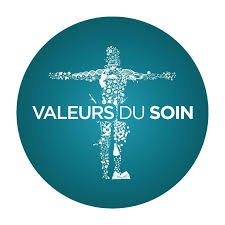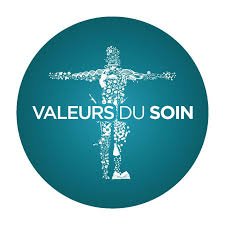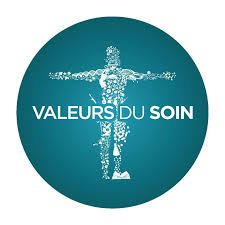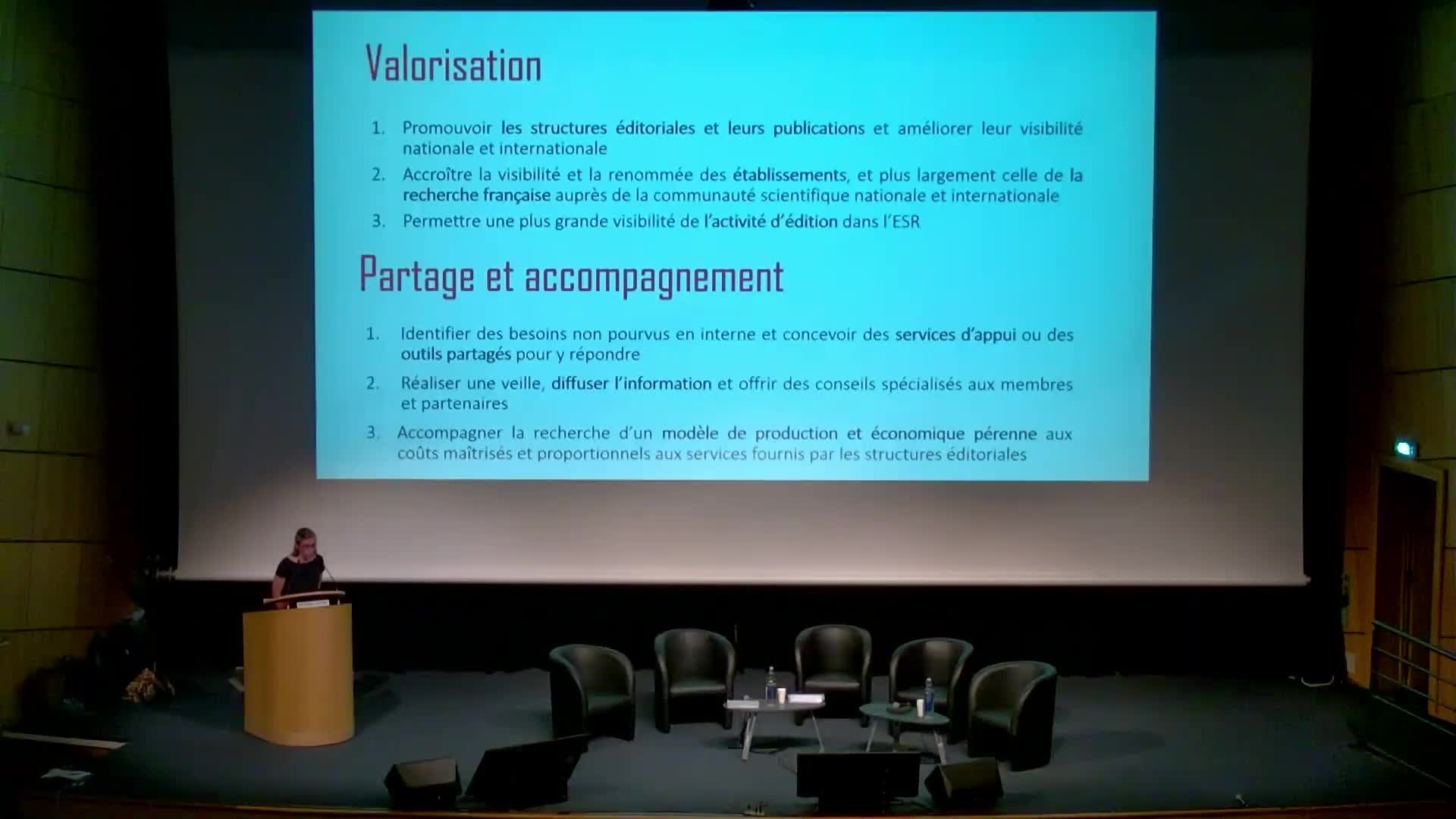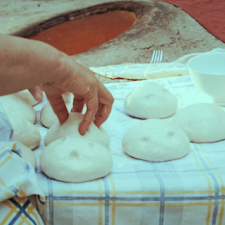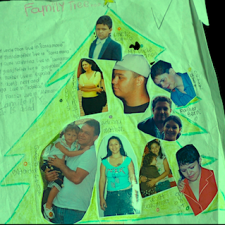Notice
FMSH
Sur le réseau RICEVE, par Lotte SEGAL
- document 1 document 2 document 3
- niveau 1 niveau 2 niveau 3
Descriptif
Interview de la chercheuse Lotte SEGAL lors de la journée scientifique internationale "Jusqu'où dire la violence qu'on explore ?"
Transcription du contenu du podcast
Vous écoutez Lotte SEGAL. Elle est membre du Réseau international des chercheuses et chercheurs à l'épreuve des violences extrêmes, autrement nommé RICEVE.
"
My name is Lotte SEGAL. I am a lecturer in Social Anthropology at the University of Edinburgh. I teach in Edinburgh and my research is around questions of what it means to live with violence on an everyday basis, in the sense of what are the traces that are left by events that may have happened a long time ago, but which become part of the lives that people live and the relationships in which they belong. I am not necessarily the one who can always say why it was so-called original violence. That is the cause of how people live their life now.
But by asking questions about how people live, who are they together with, what does it take of them to feel at home… Say, if they are refugees in a new country where their experiences of violence and of torture is not really recognized as important, what does it mean to make a life and a living worth for yourself, and also for your children, in such a place? I think those are the questions I can ask you.
The network is a really fabulous platform for researchers who work on very different forms of violence and from different approaches to be able to come together and create a kind of language for how we speak about both what it means to do this research. But not in order to say: "Oh, we are secondarily traumatised by this research." I don't think that is the point. And that is what makes this platform so fabulous: that it's about finding out what does actually mean to work with violence. Is it something special or isn't it? And if it is, how does it (marks) the kind of questions we pose? And what is the pressure of violence on the concepts we think with?
"
RICEVE est un réseau soutenu par la Fondation Maison des sciences de l'homme, réalisatrice de cette capsule produite en juin 2022.
Intervention / Responsable scientifique
Sur le même thème
-
01. Le soin du détail (Avec Emilie Chanel)
PoncetRomainChanelEmilieCe podcast est proposé par la Chaire Valeurs du Soin, animé par Romain Poncet, ingénieur de recherche en sociologie.
-
-
-
02. Faire de son mieux (Avec Nathalie Vallet-Renart)
Vallet-RenartNathaliePodcast animé par Romain Poncet, ingénieur de recherche en sociologie.
-
-
05. Se plier en quatre (avec Marie Soulhac)
SoulhacMariePoncetRomainAnimation : Romain Poncet, ingénieur de recherche en sociologie.
-
00. Des comptables et des conteurs (Présentation avec Jean-Philippe Pierron)
PierronJean-PhilippeIntroduction à la série de podcasts "Aux Grands Remèdes les Petits Mots".
-
-
03. Soignants ou Soi-Niant (Avec Sonia Benkhelifa)
BenkhelifaSoniaAnimation : Romain Poncet, ingénieur de recherche en sociologie.
-
Présentation de l'Alliance des éditeurs scientifiques publics français (Alef)
GuitonSéverineSéverine Guiton (France Universités), coordinatrice du projet, présente ici la structuration de l'Alliance Alliance des éditeurs scientifiques publics français.
-
Around the tanur I VO english subtitled
DahdahAssafMarsaudGaelA Yezidi family deals with exile, reconfigures kinship between France and Iraq, and tells its story.
-
Lejos de los ojos, cerca del corazón - Out of sight, close to the heart I VO english subtitled
PalashPolinaThauvinLucAn ethnographic study on intergenerational support within a Colombian family shaped by migration for over 20 years.



